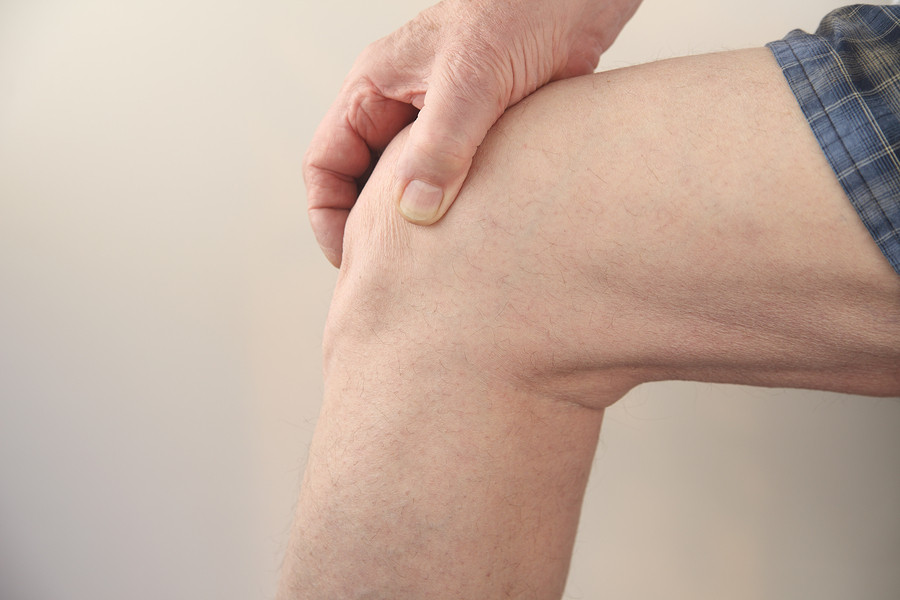4 ways to put off joint replacement

A desire to stay active and a natural aversion to pain send nearly 800,000 Americans to orthopedic surgeons each year for a hip or knee replacement. And we're seeking these operations much earlier in life. According to Dr. Scott Martin, associate professor of orthopedic surgery at Harvard Medical School, this isn't a healthy trend. "A lot of joint replacements are being done because they can be," says Dr. Martin.
Every surgical procedure carries the risk of complications — or even death. Because the average joint that's replaced only lasts 10 to 15 years, having the procedure done at age 50 instead of 70 means there's a good chance you'll need a second procedure when you're older and at higher risk for complications.
Here are three tips that can help you extend the life of your natural joints and keep the need for replacement in the very distant future.
Tip #1: Lose weight
One of the most important ways to care for your joints is to stay at a healthy weight. For every extra pound you carry, you put about three pounds of additional pressure on your knees and multiply the pressure on your hips by six. If you have arthritis, losing just 15 pounds can cut your knee pain in half. If you do eventually need a joint replaced, losing weight beforehand can reduce your risk of having complications from surgery. Even if you have tender joints, you can still work out — as long as you stick with exercises that are gentle on your joints, such as swimming, walking, or riding a stationary bike.
Tip #2: Take care when using your joints
Poor posture and using the wrong techniques during your daily activities add more stress to damaged joints. By standing up straight instead of slouching, you can protect the joints in your neck, hips, and knees. Also use the proper technique when lifting or carrying anything heavy. If any activity hurts, stop doing it right away.
Tip #3: Get pain relief
Instead of heading straight to your doctor to treat sore joints, try taking an over-the-counter pain reliever. Nonsteroidal anti-inflammatory drugs (NSAIDs) — such as ibuprofen (Advil, Motrin) or naproxen (Aleve) — or the prescription medicine celecoxib (Celebrex) can relieve both joint inflammation and pain. Do talk with your doctor before deciding to use an over-the-counter NSAID. These drugs can cause side effects such as stomach upset, bleeding, and kidney and liver damage. Take them for the shortest possible time to relieve your discomfort. The evidence that the dietary supplement glucosamine chondroitin can decrease arthritis pain is mixed. "It doesn't rebuild joints, but it does seem to help with the pain in some people," Dr. Martin says.
When to consider surgery
If you can't escape from joint pain even while at rest, your pain is only relieved by narcotic medications, or your function is severely compromised, it's time to consider a joint replacement. "I would stick with your own joint if you can, but if it's physically, mentally, and emotionally wearing you down, then it's time to go and have it done," Dr. Martin says.
For more ways to keep your joints healthy and pain-free, buy The Joint Pain Relief Workout from Harvard Medical School.
Disclaimer:
As a service to our readers, Harvard Health Publishing provides access to our library of archived content. Please note the date of last review or update on all articles.
No content on this site, regardless of date, should ever be used as a substitute for direct medical advice from your doctor or other qualified clinician.















